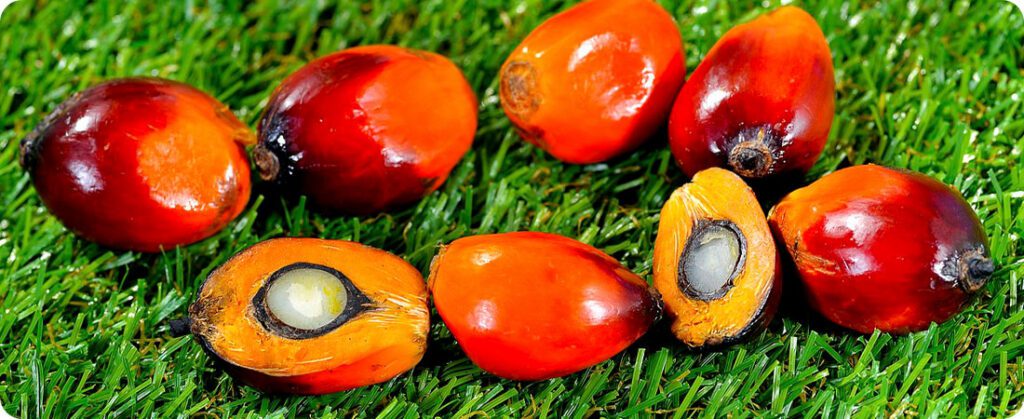
Exports of products from Palm oil of Indonesia fell in January and February, raising concerns that less vegetable oil will be available domestically due to the link between overseas sales quotas and domestic quotas, an official said on Monday.
Indonesia, the world's largest palm oil producer, shipped 1.89 million tonnes of palm oil products in January and 1.01 million tonnes in February, below last year's monthly average and year-ago levels , said Bambang Wisnubroto, an official at the Ministry of Commerce.
Furthermore, demand for palm oil has been affected by less competitive prices compared to its rivals, such as soybean and canola oils.
“Given this condition, importing countries would prefer other edible oils,” he said at a weekly government inflation meeting streamed online.
Weaker exports could hurt poorer Indonesian consumers as they could lead to fewer mandatory sales for the government's cheap cooking oil program, Bambang and a presidential official warned during the meeting.
Strategic review: Indonesia evaluates link between export quotas and production
Indonesian companies receive export quotas four times higher than their contributions to the Internal Market Obligation (DMO), according to regulations.
The government is targeting monthly sales of 300,000 tonnes of palm oil under the DMO scheme.
Companies hold around 5.58 million/ton of outstanding export quotas, which would be two and a half months of exports, according to data from the Ministry. Reduced exports could mean less palm oil supplied to the DMO as there is less need for export quotas.
Edy Priyono, an official in the Executive Office, proposed changing the distribution of DMO to a portion of production, rather than linking it to export quotas.
“We will start a discussion on whether we should keep the DMO scheme as it is. Which until now is linked to exports, or if it is possible to try to link it to production”, he said.
Source: Bernadette Christina Munthe and Fransiska Nangoy | Notícias Agrícolas












